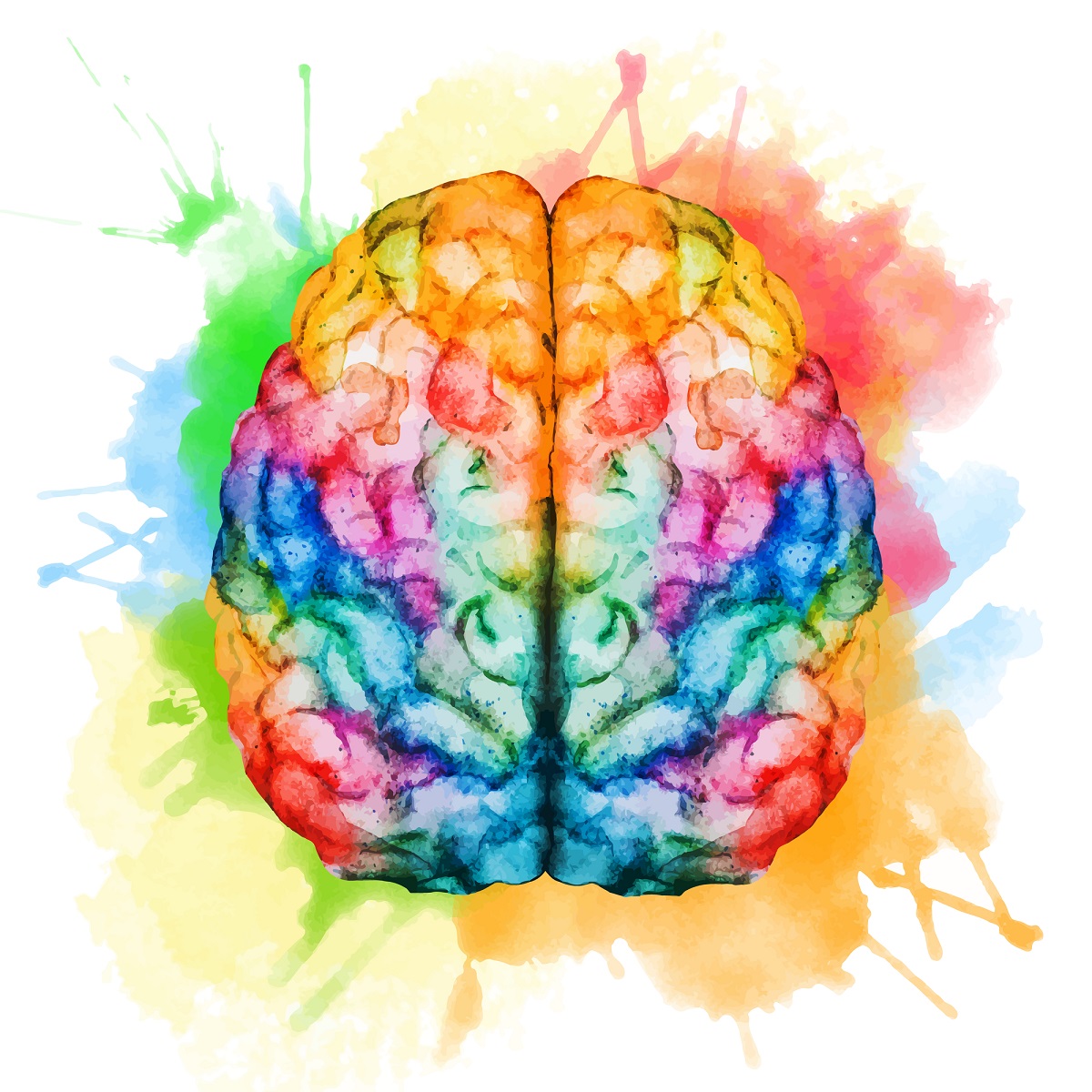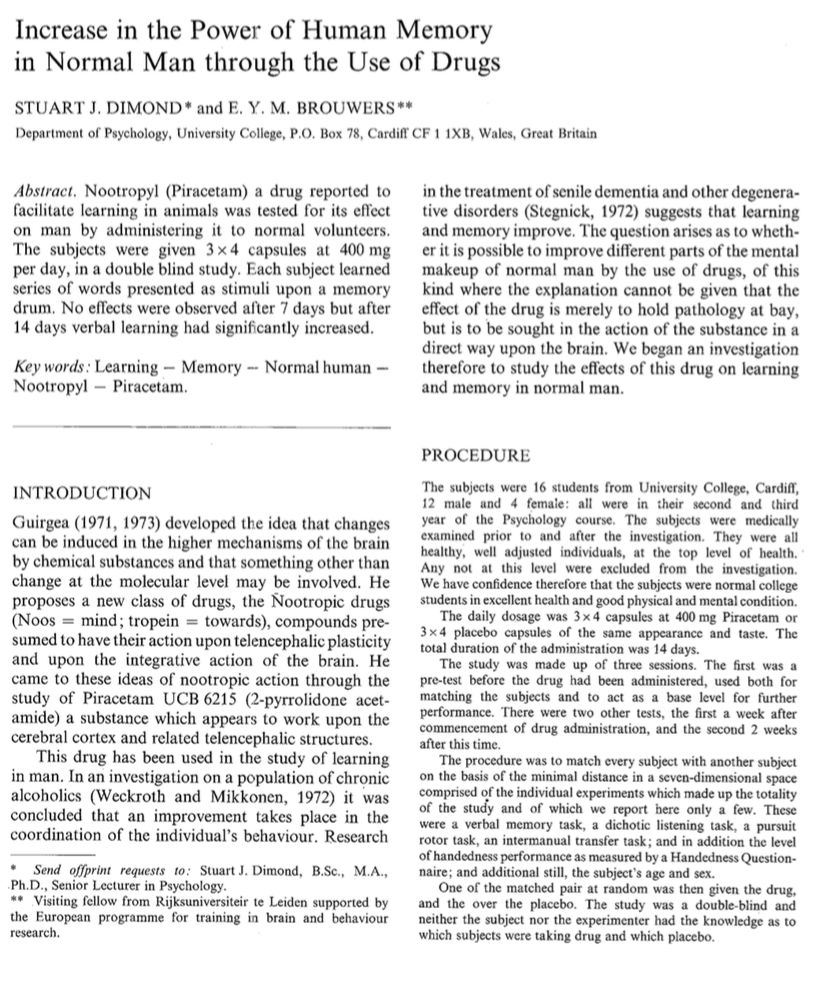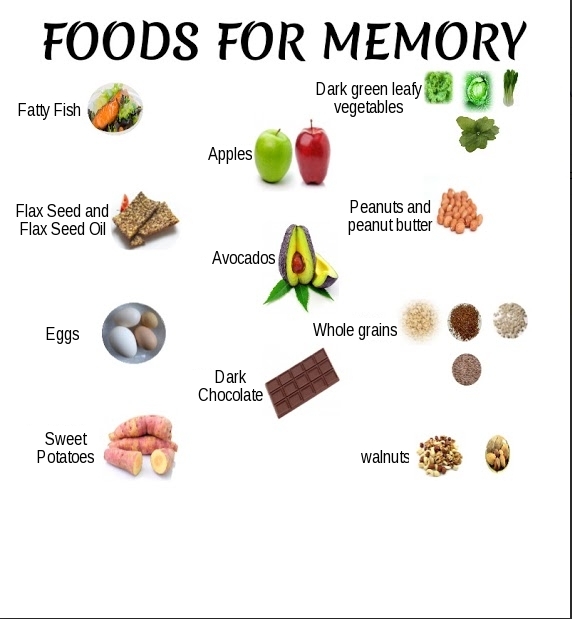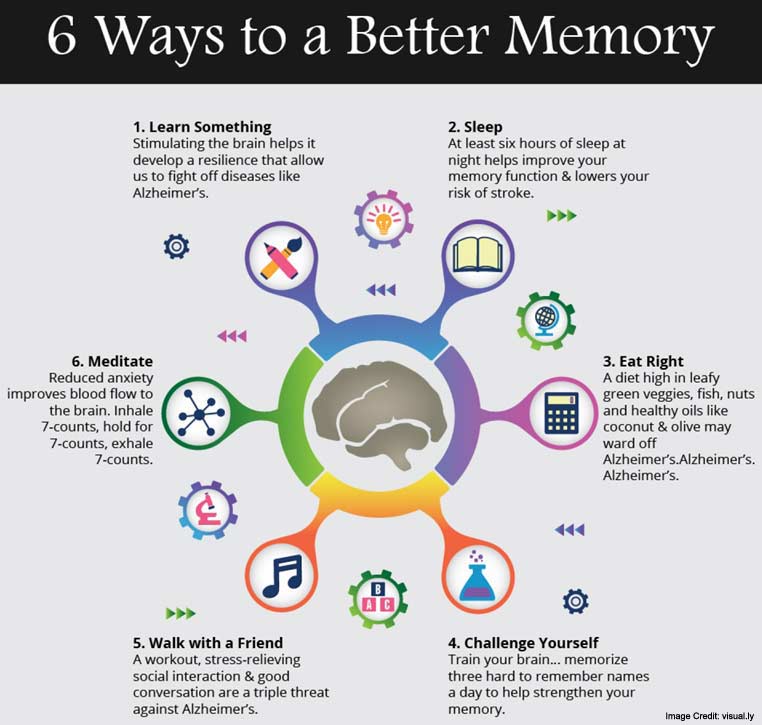Awesome Info About How To Increase Human Memory

Just read below for some simple yet.
How to increase human memory. Keep stress in check tip 6: Sleep has been consistently proven to help. So, how do you force your brain to remember the information?
Over time, this process has slowed down introducing. Many of us find ourselves forgetting important things with increasing frequency over time. How to increase your memory power.
Experts think that advanced education may help keep memory. You are more likely to remember information when you've had a good night’s sleep. Research on improving memory is driven by amnesia, age.
Conditioned fear memory has been observed in many animal species from insects to humans [17,18,19,20,21]; Getty images your memory could improve if you give your brain the chance for a complete recharge with no distractions (credit: Meditating for at least 15 to 30 minutes each day physically changes your brain, making you less anxious, and more rational and.
That enables you to both. The hippocampus regulates memory function. Get your zs tip 4:
This is a mixed area, because for some people with memory problems caffeine can actually help in the short term to attend or focus, yet in. Make time for friends tip 5: Changepower memory 7 memory strategies that work at any age these strategies, tips, and tricks can help jog your memory.
First, the researchers got a sense of what it looks like when a brain memorizes stuff. Proven ways to protect memory include following a healthy diet, exercising regularly, not smoking, and keeping blood pressure, cholesterol, and blood sugar in check. Give your brain a workout tip 2:
For most healthy adults, the department of health and human services recommends at least 150 minutes a week of moderate aerobic activity, such as brisk. Try these four strategies to help you tune out distractions and improve your ability to focus in daily life:
Don't skip the physical exercise tip 3: Humans retain different types of memories for different lengths of time. 1 meditate every day.
Therefore, the mechanisms for fear memory. Ranganath directs the dynamic memory lab at the university of california, davis, where he's a professor of psychology and neuroscience. Examples of mnemonics include:


















